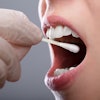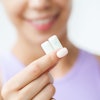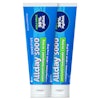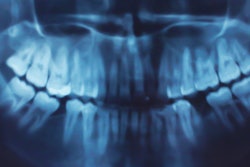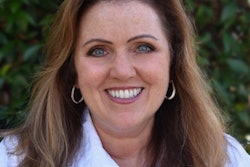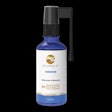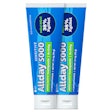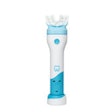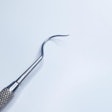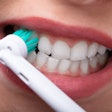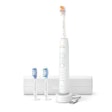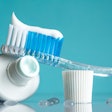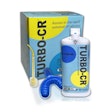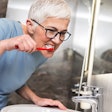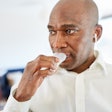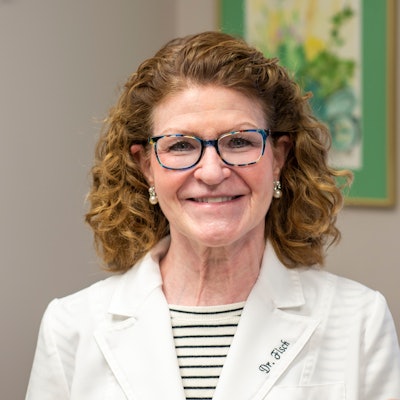
Funny, but I was not aware there was a National Brush Day! I consider every day to be a Brush Your Teeth Day! As a practicing general dentist for 38 years, it is amazing to me what I notice in patients who brush every day, at least twice a day, and those who do not.
For those who brush daily, I note smooth, slippery teeth; pink, healthy gum tissue; and not much tartar or stain on their teeth. For those who brush less frequently, I note a thick, sticky film on the teeth; tartar; stains; and gum tissue that bleeds very easily -- often red and swollen.
How do I explain the importance of brushing?
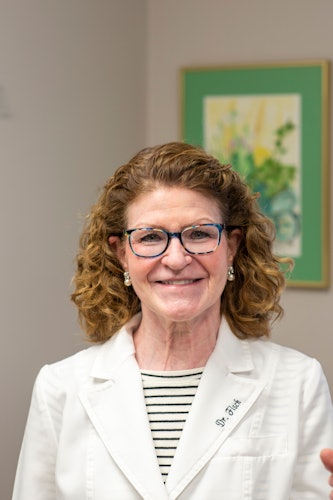 Dr. Judith M. Fisch.
Dr. Judith M. Fisch.The main reason I see a difference based on how frequently patients brush is because the bad bacteria in our mouths replicates every eight hours, and they love the food that is left between our teeth and along the gumline.
Food breaks down to form an acid that helps the bacteria to cause decay and infect our gum tissue, which can lead to gum disease and, in severe cases, loss of teeth. When we brush at least twice a day, it disrupts the bacteria from multiplying, and the decreased bacteria are unable to become destructive to our teeth and gums.
The most important reason we need our teeth is to chew food effectively to begin the process of digestion. There are certainly other reasons we need our teeth to function, but chewing is the most important.
Our job as dental professionals is to care for our patients' teeth so that they have them to use throughout their whole life. Saving teeth is less costly, less painful, and provides for better overall health, since our body needs food to function and keep us going.
What do I recommend to my patients?
I advise my patients to brush morning and night.
Morning is so important because while we sleep, we have less saliva at night, the tongue is moving less, and, therefore, the ability for plaque to grow on our teeth is easier. That's why our mouths taste yucky when we wake up in the morning!
Nighttime brushing is important to remove remnants of food and drinks we have had throughout the day. By brushing before bedtime, we do not provide an environment for the bacteria to grow and cause dental problems while we sleep.
I suggest that patients use an electric toothbrush, as the technology has improved greatly through the years. Electric toothbrushes are easily available, and they do a much more thorough job of cleaning our teeth than a manual brush. I also recommend flossing to patients with tight teeth but frequently recommend the little brushes or pics that clean between the teeth.
Lastly, I suggest that patients swish with a fluoridated mouth rinse (after brushing and flossing/proxy brushes) for at least 30 seconds and not have anything to eat or drink for 30 minutes after rinsing. If this is the last thing you do before heading to bed, you're all set. I suggest patients avoid mouth rinses with alcohol in the ingredients, as this can be irritating and drying to the tissues of the mouth.
All in all, this is a fairly easy and inexpensive insurance policy for patients to keep their teeth for a lifetime! On National Brush Your Teeth Day, let's celebrate the easy way patients can keep their teeth and make it a habit twice a day, every day!
Dr. Judith M. Fisch is a graduate of Georgetown University School of Dentistry in Washington, DC. Dr. Fisch has been involved in organized dentistry throughout her career and is a former trustee of the ADA Board of Trustees and a past president of the Vermont State Dental Society. She is a diplomate in dental sleep medicine through the American Board of Dental Sleep Medicine. She is also a Philips Oral Healthcare Key Opinion Leader.
The comments and observations expressed herein do not necessarily reflect the opinions of DrBicuspid.com, nor should they be construed as an endorsement or admonishment of any particular idea, vendor, or organization.
